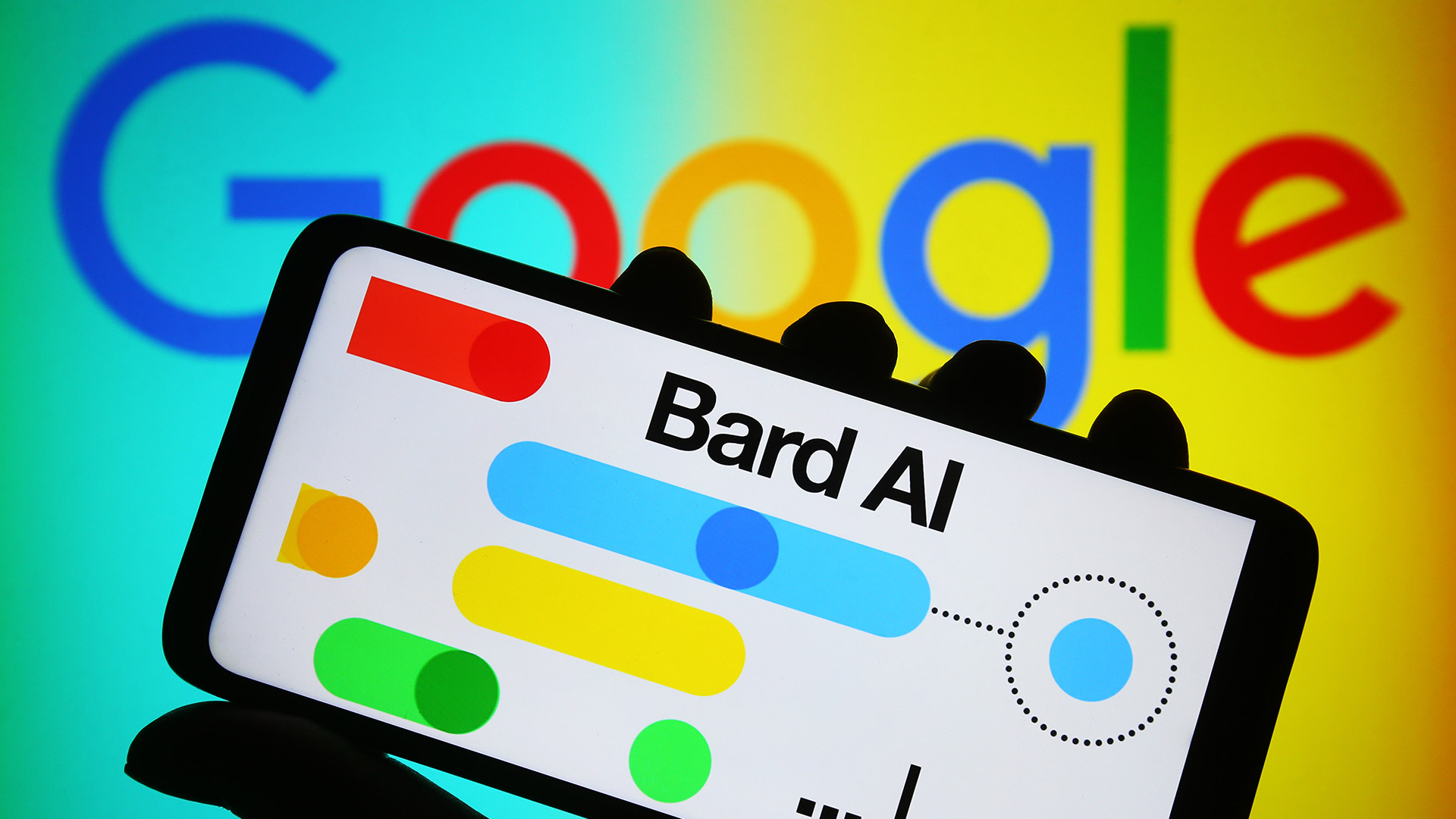
A new official blog post from Google revealed that Google Bard is getting several key updates, the most important being to mathematical tasks, coding questions, string manipulation, and logic and reasoning skills.
The blog post explains that the upgrades to Bard’s math and coding are thanks to a technique called ‘implicit code execution,’ which “helps Bard detect computational prompts and run code in the background.”
Meanwhile, the improved logic and reasoning for Google Bard is due to implementing a well-studied dichotomy in human intelligence called System 1 and System 2 thinking. System 1 is fast, intuitive, and effortless thinking, what you would call intuitive or on-the-fly thinking, while System 2 thinking is slow, deliberate, and effortful, like learning a new skill. Essentially Bard will be combining large language models (LLMs) that operate under System 1 thinking, with traditional code that’s under System 2 thinking, in order to create a more robust AI response system.
There’s also another update to Bard, which is the ability to export tables generated by Bard in response to a user’s command to Google Sheets. This is a great new feature and one that’s hopefully expanded on to include other export options in the future.
Google Bard is becoming more competitive
Just recently it seemed like Google Bard was the laughing stock of AI applications, with a botched launch full of confusing and contradictory objectives that even Google’s own employees believe was rushed out the gate too soon. But after it announced overhauls and new features during the Google I/O 2023 event, it seems that Bard is finally playing catch up in a big way.
ChatGPT is essentially the gold standard for AI chatbots; the application that every competing chatbot is measured against. ChatGPT is still superior to Google Bard in nearly every way, from coding to logic and reasoning to creative work, and more.
But since Google I/O, it seems that Google is finally willing and able to play hardball with OpenAI’s baby, by not only making Bard’s purpose much clearer but also making it smarter by adding in a host of updates, tools, and features now and in the coming months. It’s definitely not perfect but it’s rapidly approaching the levels that ChatGPT has reached.
Not to mention that Google has one major advantage over OpenAI, and that’s resources. Not only in money, which of course the tech giant has plenty of to invest in development, but also in terms of its products.
Google search has over 90% in search market share, which automatically gives it the massive audience it needs to keep testing out its AI’s responses while potentially plugging it in every possible search result — that’s billions of eyes on Bard. Meanwhile, Google Workspace allows for integration between its applications and Bard in a much more seamless way, which we’re already seeing with Google Sheets.
If OpenAI isn’t already watching Bard’s development, it needs to keep a close eye on its biggest competition by far.







